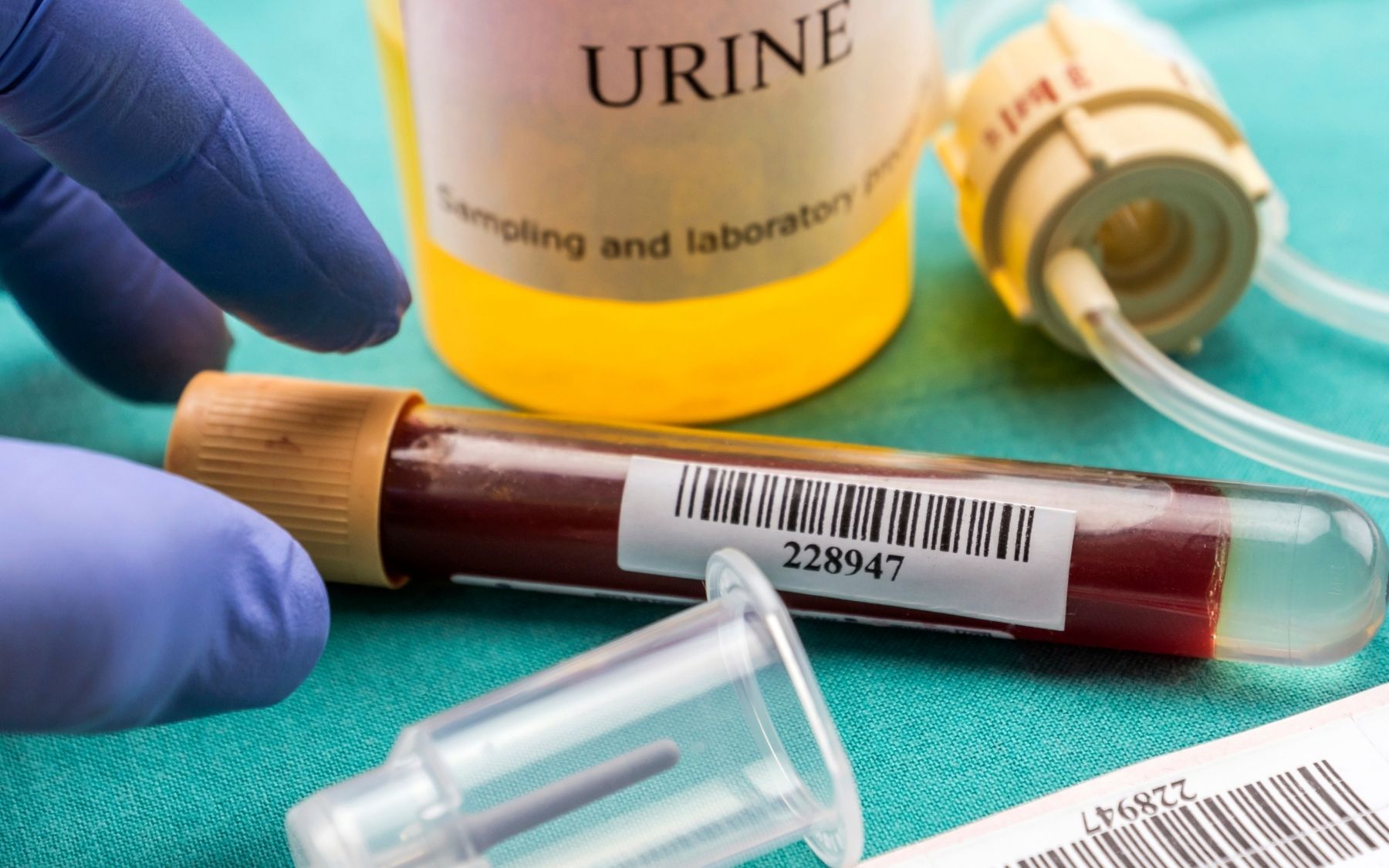
Prostate Diseases
The three most common forms of prostate disease are inflammation (prostatitis), non-cancerous enlargement of the prostate (benign prostatic hyperplasia, or BPH) and prostate cancer.
A man may experience one or more of these conditions.
Prostate Diseases
Benign Prostatic Hyperplasia
Benign Prostatic Hyperplasia (BPH)is a non-cancerous enlargement of the prostate gland that affects approximately 50% of all men before the age of 50 and greater than 75% percent of men over the age of 60. Symptoms include difficulties associated with urinating, an urge to urinate even when the bladder is empty (urgency), frequent urination, especially at night, anda weak or intermittent stream or a feeling of incomplete emptying of the bladder and/or dribbling of urine.
Prostatitis
Prostatitis is an inflammation of the prostate that may be caused by a bacterial infection. This disease may affect men of any age and can occur in any prostate whether small or enlarged. Symptoms of prostatitis are similar to those caused by an enlarged prostate and include urge frequency with difficulty in emptying the bladder. Prostatitis may be indicated by chills, fever and by pain or burning during urination.
Prostate Cancer
Prostate cancer is the second leading cause of cancer deaths among men. However early detection often leads to the effective treatment of prostate cancer. In the majority of cases, prostate cancer will be detected while it is still localised, rather than metastasised (spread). When prostate cancer is detected early and treated, the five-year outcome is generally very successful. The prostate cancer screening process is critical in early detection.
Prostate cancer symptoms include difficulty with beginning urination, a frequent need to urinate , primarily at night; the inability to urinate; weak or sporadic urine flow; painful or a burning sensation during urination; painful ejaculation; blood in the urine or semen; and pain in the back, hips or located in the extremities.
It is recommended that males age 50 and greater be screened annually. Those with a family history of prostate cancer or those identified as African American, should begin annual screenings at age 40, as research data indicates race and genetics are factors in the development of this cancer.
The team at London Men’s Clinic offer a multidisciplinary approach in the management of men presenting symptoms of the prostate. If you have any form of prostate disease, your treatment team will discuss your options with you. It’s important to weigh the benefits of each treatment option against the possible risks and side effects.

Foreskin Problems
Learn More

Frenuloplasty
Learn More

Prostatitis
Learn More

Blood in the semen
Learn More

Blood in the urine
Learn More

Circumcision
Learn More

PSA and Prostate Cancer screening
Learn More

Treatments for Prostate Enlargement
Learn More
London Men's Clinic, 16 Devonshire Street, London W1G 7AF
E: info@london-mens-clinic.com
P: 0207 1013 456
Give us a call, send us an enquiry or drop us an email, we endeavour to answer all enquiries within 24 hours on business days.
Clinic days - Monday to Saturday.
Clinic times - 9am till 6pm
